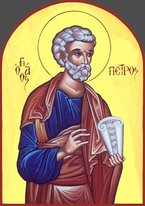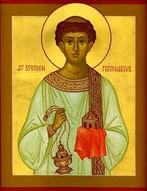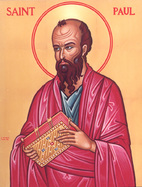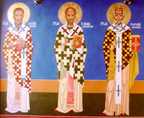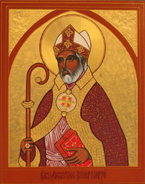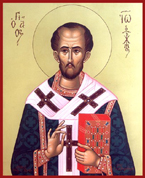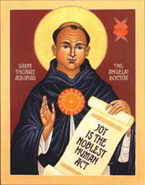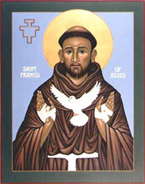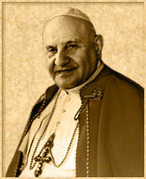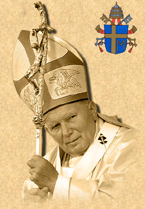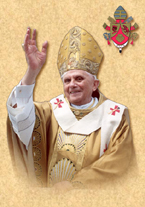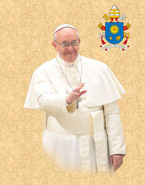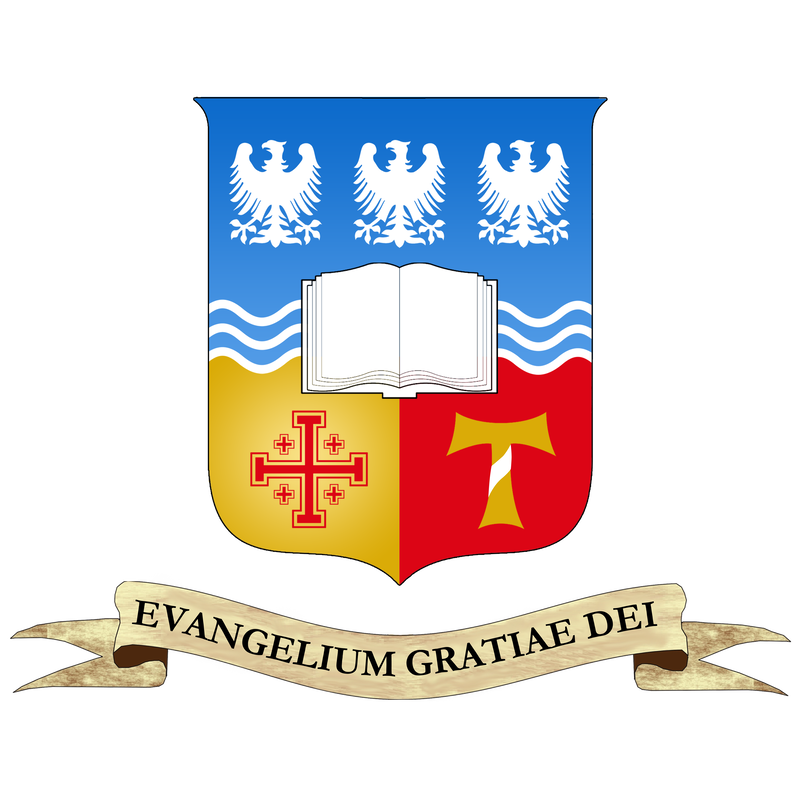|
We approach the end of the Week of Prayer for Christian Unity (18-25 January 2011). Below is an article published by UCANews on 19 January 2011 based on some questions they had asked me through correspondence some months ago UCANews - 19 January 2011 The problem with unity is that it is interpreted differently in different Christian traditions, says Sherman Kuek, a Malaysian permanent deacon. In his commentary for ucanews.com he points out that Christians be they Catholics, Orthodox or Protestants share the same social challenges and hence need to work together to make our inhabited world a better place.
The Church celebrates the Week of Prayer for Christian Unity, an annual eight-day period observed from Jan. 18 to Jan. 25. At this time, Christians of various Churches come together to pray for the restoration of full unity among all Christian peoples The Decree on Ecumenism of the Vatican Council II encourages all Catholics to participate in this week for Christian unity and to strive to remove the blocks of division. The key to realizing this is through a dialogue of life, of work, of studies and of prayer. Working toward Christian unity is nothing new for the Catholic Church. We have been speaking of Christian unity for decades. Now the Evangelicals and Pentecostals have been gradually included in ecumenical activities. They are now convinced of the need for Christian unity. The problem, however, is that “unity” and “ecumenism” are interpreted rather differently in different Christian traditions. Some leaders of Evangelical communities seem to be saying that Christian unity has already been achieved and it does not need to involve a visible oneness of the Church. The Catholic Church, however, does not define unity this way. One important discussion that is needed is what unity actually constitutes for the various Christian traditions. Nevertheless, one other observation I have is that although we come from different Christian traditions, there is a consensus that we live in a shared socio-political reality. We share the same social challenges whether we are Catholics, Orthodox or Protestants by virtue of our living in the same nation. For this reason, a dialogue of action is necessary beyond just theological talk. We need to act together for the goodness of the societies in which we exist. Very often, this conviction is also followed by an acknowledgement that we even need to work together with friends from other religions for this purpose — to make our inhabited world a better place. I find this attitude to be very uplifting and healthy. However, one concern I have is that even if several individuals representing certain Christian groups are convinced of the need for dialogue, this conviction of theirs does not represent the populace of their respective tradition. In a sense, at ecumenical gatherings, we are “preaching to the choir.” This is why they’ve agreed to turn up for gatherings in the first place! Had they deemed dialogue to be unnecessary, they would not have agreed to come. Hence, for these few individual leaders who see dialogue as very crucial but whose other members of their tradition have no developed understanding of dialogue, the challenge remains for them to impart this awareness to their people. The perspective of the Catholic Church, as has always been, is that the fullness of the Christian faith, the faith of the Apostles, is to be found in the Catholic Church. But recognizing the historical reality of various schisms (i.e. splits) in the history of Christianity, the Catholic Church today embarks on the mandate of Blessed Pope John XXIII to issue a “gentle invitation” [to those separated from the See of Rome] to seek and find that unity for which Jesus Christ prayed so ardently to his heavenly Father (Ad Petri Cathedram, 1959). This mandate was issued on the eve of Vatican II, and was probably very much on the mind of the Holy Father as he convened that Council in 1962. Having said that, it is necessary to recognize that dialogue can be fruitful only when it is at the service of truth - not opinions or personal dispositions on specific issues - but truth. Unity is indeed important to the Catholic Church, and it remains her priority. However, it is a unity in the service of truth that she seeks, not unity for the sake of itself. For this reason, the Catholic Church does not - she cannot - sacrifice truth at the altar of unity. In the understanding of the Catholic Church, when an authentic unity has been reached, it is a unity of truth. This does not mean that the Church would exclude any other groups of Christians who have different ideas of truth. The position of the Catholic Church is always inclusive, but being inclusive does not mean being pluralistic. The principle of inclusion enables the Church to make space for others and to recognize the good in others without having to compromise our self-understanding. It also respects the self-understanding of others, keeping in mind that respect does not mean consent or agreement. Unity based on a whitewashing of differences, according to Pope Benedict, is a facade and only stalls fruitful dialogue. In line with this understanding, the Catholic Church does not see that the endeavor towards ecumenism necessitates putting aside all our theological differences. Pretending that there are no differences and relating to one another as a “fully united body” by resting on the lowest common denominator of the faith is to pander to false and promiscuous union. True ecumenism, by the standards of the Catholic Church, is to be measured in terms of consistency with our Creed (the faith and moral claims of the Church), Code (the discipline of the Church) and Cult (the liturgical worship of the Church). Sherman Kuek, a Malaysian permanent deacon, is director of the Pastoral Institute of Melaka-Johor diocese
0 Comments
Leave a Reply. |
Categories
All
Archives
December 2021
|
|
FOLLOW DEACON SHERMAN DEACON'S FORMATION FB GROUP
© 2021 Sherman Kuek. All rights reserved.
|

 RSS Feed
RSS Feed
